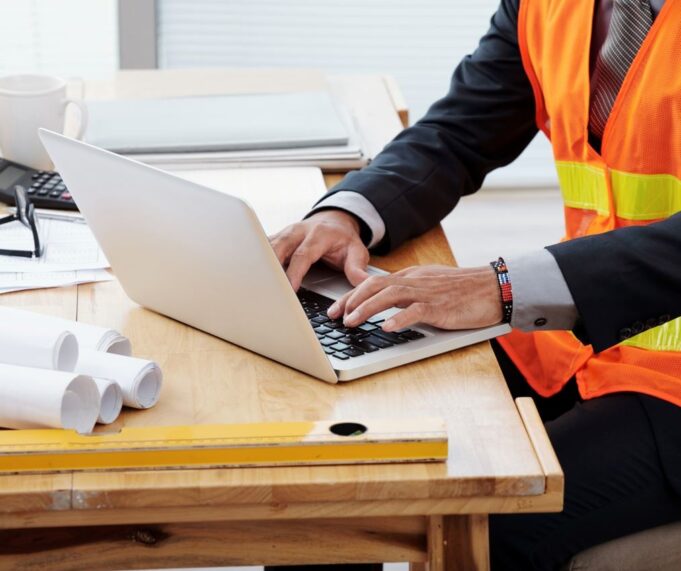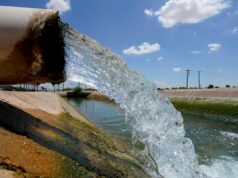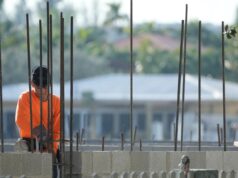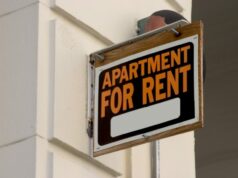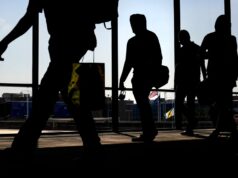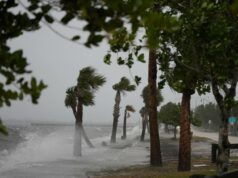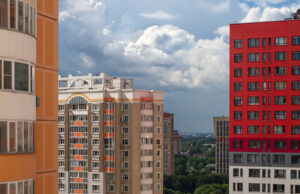Landlords and property managers are responsible for maintaining safe, habitable dwelling units for their tenants. Keeping a property safe requires maintaining structures, land, appliances, and tending to problems like mold.
Texas state law requires that you provide a safe, habitable home for your tenants that meets the following general requirements:
- Structural elements are in good repair, secure, and safe.
- Cemented areas aren’t uneven or broken, presenting a trip and fall hazard.
- There is a proper sewer or septic connection.
- Electrical work has been professionally completed and is safe.
- The HVAC system is working and safe.
- A proper installation of the water heater, whether it uses a tank or is tankless
- The property is free from environmental contaminants like exposed asbestos, mold, and lead paint.
- Pests are kept out of the home.
- Staircases are in good repair.
A safety checklist will help you manage your property
Even when you prioritize safety, sometimes elements slip through the cracks. By creating a safety checklist, you’ll have an easier time performing move-in and move-out safety inspections without skipping any important details.
With a thorough inspection, you can quickly address issues before they cause harm to your property or your tenants. Here’s a basic checklist for you to use and modify as needed for your properties.
7 Indoor safety elements to check
1. Electrical outlets
Checking electrical outlets is easy. Get a GFCI tester and plug it into each outlet to make sure it’s properly wired and grounded. Testers are around $10-$15 at your local hardware store.
2. Fireplace or wood stove
Have a professional come in and check your fireplace or wood stove. You’ll want to make sure there are no leaks in the chimney or the door. Fireplaces and wood stoves produce carbon monoxide (CO), which is deadly in large amounts. Leaks in the chimney can cause CO to fill the room and collect at dangerous levels.
To prevent carbon monoxide poisoning, always install a carbon monoxide alarm near the source. It’s also a good idea to suggest that your tenant install an alarm in every bedroom where someone sleeps.
You should also have the chimney professionally cleaned before renting the unit. A creosote buildup can cause a fire in the chimney that can spread quickly to the house.
3. Walls and baseboards
Check the baseboards to make sure the trim is still present all the way around. Make sure there are no holes in the wall.
If you discover a hole that was patched by a tenant, you might want to open it up and check inside. Sometimes tenants stuff the walls with flammable materials when performing DIY repairs.
4. Doors
Are the doors hanging correctly? Are the hinges intact? Do all doors open and close properly? Do the locks work?
Functioning doors are important. An unsecure door could leave your tenant vulnerable to an intrusion, and a door that won’t open easily could become an evacuation obstacle in a fire.
5. Ceilings
Check the ceilings for signs of water damage. If you find any evidence of a leak, address the issue quickly. Leaks that appear small aren’t always small.
Address any bare dangling wires or fixtures dangling by their wires.
6. Floors
Are the floors sloping or squishy? A sloping floor can be a sign of structural damage. If the floor is soft, you might have water damage underneath the flooring.
7. Smoke detectors
Test all the smoke detectors in the home and make sure they’re working properly. If any are missing or broken, replace those units.
Eight outdoor safety elements to check
1. Cement patios, sidewalks, etc.
Broken cement is a trip hazard. If you have any cement sidewalks or patios on the property, make sure they’re in good repair.
2. Walkways and stairs
Check all outdoor stairs for structural integrity and make sure the railings are secure. If your steps are smooth, make them safer by adding grip tape or another anti-slip application.
3. Nearby trees
Are there any dead or dying trees nearby that might fall on the property? If so, have them removed immediately. Since dead trees are hard to spot without experience, always get a professional to check for dead trees.
4. Windows
Do the windows close securely? Do the locks work properly? Check all windows for functionality and drafts. If they’re drafty, have them sealed. If your windows slide horizontally, consider providing additional window locks for your next tenant.
5. Balconies
Check the balcony to ensure it’s safe and in good repair. Check the railings and repair any loose screws or spots where the railing feels loose.
6. The roof
Your roof is critical. Have your roof professionally inspected to ensure you don’t have any major problems like worn-out singles. If you have moss on your roof, don’t power wash it or knock it off with a brook. You’ll ruin your shingles if you use force.
Instead, sprinkle Moss Off or a similar product and wait for the next rain. It will take longer to go away, but you won’t ruin your shingles.
7. Landscaping
Trim all hedges and trees so your tenants can pull into and out of the driveway with full visibility. If anything is blocking the view of the sidewalk or road while on the property, consider removing that tree or shrub.
8. Outdoor lights
Outdoor lights are important for your tenants to see at night. Whether you’ve got motion detector lights or a simple porch light, make sure all outdoor lights are functional.
Six appliances to check
Add these six appliances to your safety checklist:
1. Water heater
Whether you’ve got a tankless water heater or a traditional tank, check for pressure, leaks, and functionality. Flush the system to remove sediment, test the safety relief, and set the temp below 120 degrees Fahrenheit.
2. Stove
If you provide a stove for your tenant, it needs to be fully operational. Replace parts that don’t work or are broken, like burners or flints.
3. Plumbing, including toilets and sinks
Check the water pressure throughout the whole house from every tap. While you’re checking water pressure, make sure the garbage disposal works. Check all toilets for leaks and check the toilet tank mechanism.
4. HVAC system
The HVAC system will be your tenants’ main source of heat, so make sure it’s fully functional. Have a professional clean the air ducts, check individual vents to make sure they open and close properly, and don’t forget to replace the air filter.
5. Refrigerator
Check the refrigerator for leaks and that it keeps the right temperature as programmed.
6. Washer and dryer
Clean the lint trap in the dryer thoroughly. You can use a vacuum hose to suck it all out. Make sure both the washer and dryer function. Check the timer to ensure the dryer will shut off at the right time, and verify that the dryer’s exhaust is properly vented.

